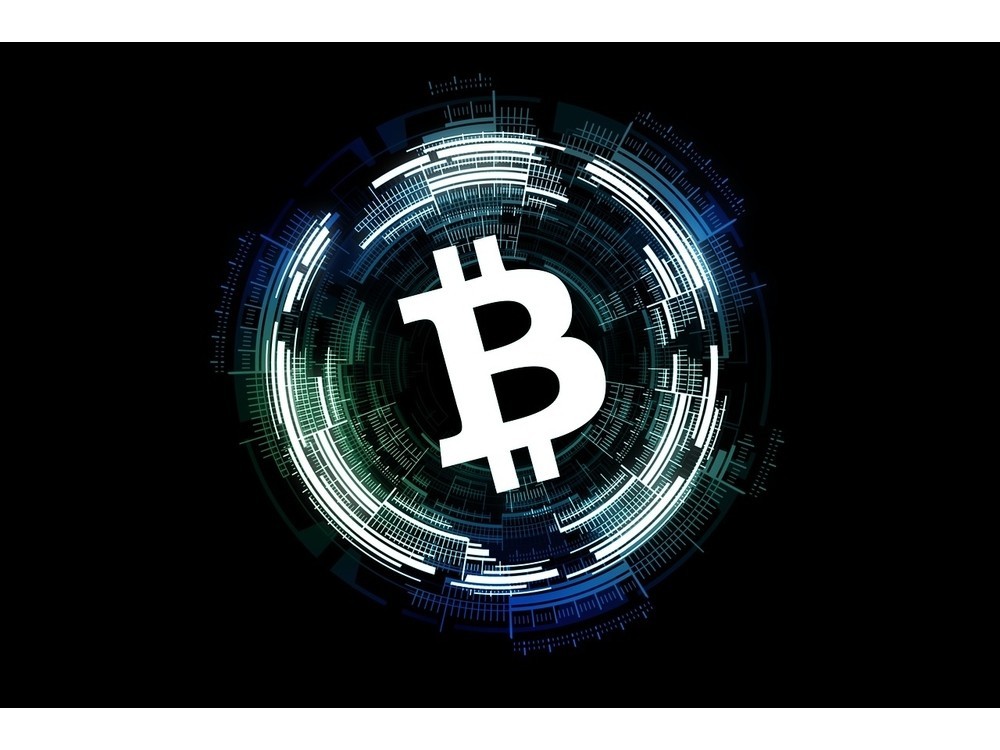Bitcoiners finally appear to have lost their support for forks. With a reduced demand for forked coins, exchanges are also reluctant to support them. The few bitcoin holders interested in taking forked coins are finding it difficult to locate reliable exchanges and wallet companies.
Developers, on the other hand, are still very much fond of these chain splits. Developers like that each fork brings a ready-made crop of investors for the cryptocurrency. Forks are also beneficial, as they motivate holders to buy more of the original coin. The idea is to enhance parent coin’s value by awarding its holders with an equivalent amount of new coin.
With developers forking the tokens, and larger exchanges refusing to support the resultant currencies, the market is experiencing a void that is being filled by smaller exchanges. When interested users are made to go to lesser-known exchanges, these companies see a rise in their revenues from trading fees. These exchanges, as a result, are quite eager to provide a platform for newly formed coins.
Forking is hard work
Larger exchanges and wallet providing companies consider hard forks to be too much work. They not only have to claim and distribute forked coins, but also process a number of related deposits and withdrawals. While this might bring some profit to a small company, a bigger exchange does not care for such profits.
Moreover, popular and highly trusted exchange firms have a reputation to maintain. Exchanges cannot guarantee a project’s reliability as teams behind these splits are mostly unverified. A suspicious currency can severely harm a renowned wallet provider's, or exchange’s, good name if they agree to distribute it.
The demand for forked coins was fairly high a couple of months back in the Bitcoin community. Almost all major exchanges were therefore issuing them. Now most of them have given up their support of the tokens resulting from hard forks. A few prominent exchanges that do not supported forked coins are Binance, Bittrex, and Bitfinex.
Binance, the fastest growing cryptocurrency exchange, ceased supporting forked versions of Bitcoin after Super Bitcoin. Bittrex and Bitfinex did the same after Bitcoin Gold. Both the developers and customers of splits were then forced to look towards smaller platforms.
As long as platforms, whether small or big, continue to support forks, bitcoin developers will not back down from implementing them. It is important to note that crimes associated with claiming forked coins are also fairly high in number. Users are warned to be careful on the web and not provide their keys to any suspicious website.

